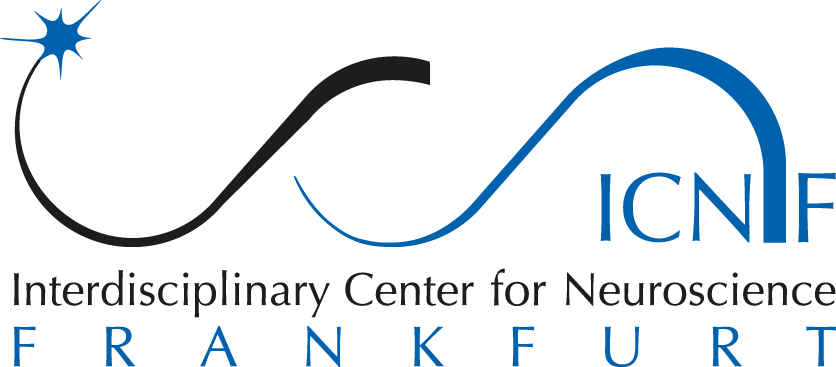The remote controlled worm – opto-genetic methods revolutionize neuroscience
Prof. Dr. Alexander Gottschalk, Institute for Biochemistry and Buchmann Institute of Molecular Biosciences on May 6, 2013
The last few years has seen a revolution in neurosciences: researchers have succeeded in altering the function of nerve cells non-invasively, i.e. “from the outside”, by activating or inhibiting them using light. This can provide information about the task of these nerve cells, e.g. in directing behaviour. This is made possible by light sensitive proteins from microbes that are introduced into the cells of experimental animals using genetic methods. If in the living animal one then directs light onto these neurons, e.g. through thin optic fibres introduced into the brain, one can affect total cell function and even entire behaviour patterns. Called opto-genetics, this has huge significance and has found broad applications particularly in lab research. It will help us gain a new understanding of neuronal networks not only in simple model organisms such as the roundworm, but also in mammals such as the mouse. In addition, the hope is that the use of light activated protein and opto-genetics will lead to new therapy approaches, e.g. for progressive blindness or also to relieve psychopathological conditions. This talk will give an overview of opto-genetics and its applications in research, as well as discuss the opportunities for new therapies.
